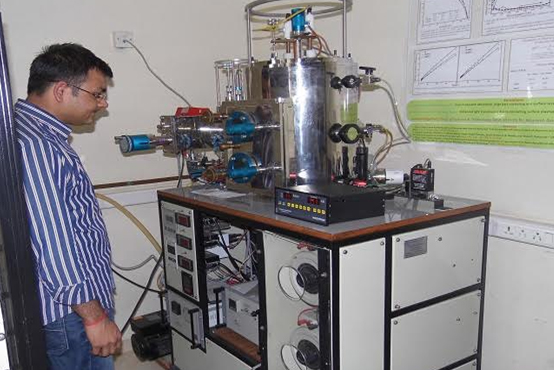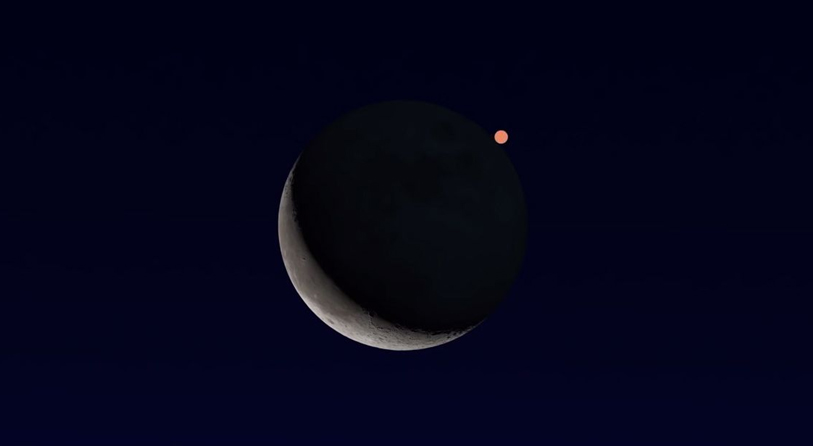40th Indian scientific expedition to Antarctica launched
New Delhi (India Science Wire): With 43 members on board the 40th Indian Scientific Expedition is set to depart for Antarctica from Mormugao Port, Goa. On this occasion, Dr N. Vinod Kumar, Postmaster General, Goa region, released two special covers and one cancellation to commemorate the 40th Indian Scientific Expedition to Antarctica, and the four decades of India’s Antarctica programme, respectively.
Javed Beg, Group Director, National Centre for Polar and Ocean Research (NCPOR) said, “Every expedition is different and presents diverse challenges, but the 40th expedition is unique, as it takes place amid the coronavirus pandemic with innumerable logistical challenges. The expedition, apart from its scientific mission, shall carry out the humanitarian responsibility of relieving the 48-strong winter crew from their 15-month tenure, while resupplying the bases with food, fuel, provisions and spares for operations and maintenance of life support systems”.
India has two stations in the polar continent of Antarctica – Maitri and Bharati, which are being operated under NCPOR, Ministry of Earth Sciences. The 40th ISEA team of scientists, engineers, doctors, and technicians, led by three polar veterans- Dr Yogesh Ray from NCPOR, Atul Suresh Kulkarni from Indian Institute of Geomagnetism and Ravindra Santosh More from India Meteorological Department- who, with their different roles and responsibilities of managing the voyage operations. Bharati base operations and Maitri base operations, share a common goal of rewriting the success story of the Indian Antarctic Programme under this year’s special circumstances. Cautious steps have been taken to avoid contraction and spread of COVID-19 on board the expedition vessel and the virus reaching Antarctica.
Highlighting the pivotal role of NCPOR in this vital mission, Dr M. Ravichandran, Director, NCPOR said, “Polar regions are crucially important in answering key questions about the global climate change, its contribution towards global sea-level rise, the background aerosol properties, variability in the sea ice cover and phenomenon like Antarctic haze and ozone concentrations. Attempts to address some of these issues are helping in mitigating several important problems concerning human life and well-being.” (India Science Wire)









